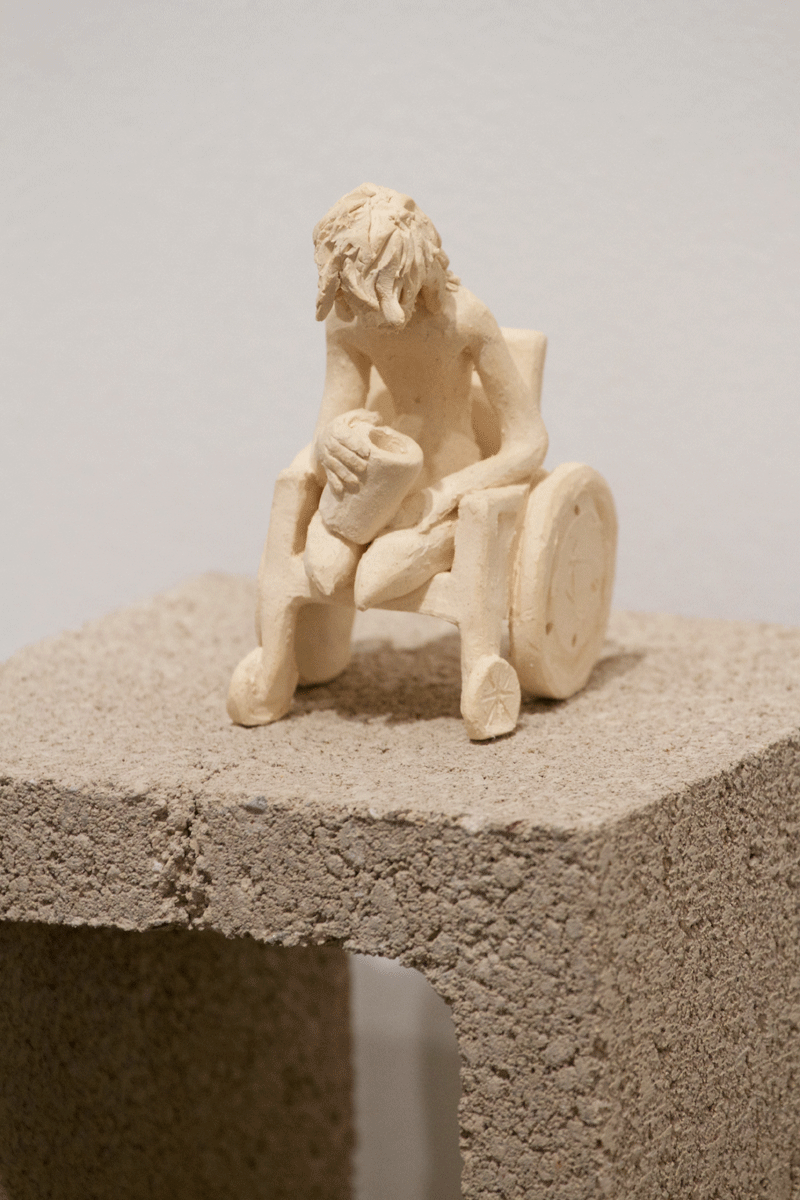Christopher Chinn July 13
Christopher Chinn & Ehren Tool
Chinn & Tool: Bivouac
Exploring the intersection of veterans and homelessness, this show brings together two artists who confront difficult, related and often over-lapping issues. Los Angeles is not only the homeless capital of the country, but also claims the unfortunate title of homeless veterans capital of the country.
The
news media has documented a plethora of stories about veterans and the
difficulties they face with the return to civilian life. Reconstructing family, life and limb,
constant battles with Post-Traumatic Stress Disorder, among a multitude of
issues most of us can hardly imagine, constitutes the daily life of countless
vets.
When
used functionally, Ehren Tool’s cups occupy our consciousness with an innocent
and subtle gesture, taking a drink of a favorite beverage. When displayed in a gallery they
overwhelm us, the greater unit of cups with its straight and conforming lines
confronts us, wholly strong and proud.
Individually however, each cup is nuanced and fragile. They coax us to remember and consider,
as Tool says, “the pain, waste, or intensity of war… the uneasy collision, and
collusion, between military and civilian cultures.” Ehren’s work recalls not only our wars and soldiers, but
everything our culture interweaves with it, before, after and surrounding the
battles won and lost.
The
struggle and violence of life on the streets has been equally well
documented. The gamut here
is wide, from deadly beatings and burnings of homeless victims to the violent
and even deadly aggression the homeless aim at passersby and each other. Sadly, even with the valiant efforts of
several dozen organizations working tirelessly to end homelessness in LA, the
problem seems perpetual.
For
the past ten years Chinn has focused on creating work that raises awareness of
the homeless with portraits of individuals he has met on the streets. With his recent sculptures, his work has
moved out of the gallery and onto the streets where it becomes interactive and
public, and more importantly where the homeless themselves can appreciate it. Chinn’s figures and life-size
sculptures force the viewer to confront the negative stereotypes and
condescending pity that so often define our interactions and understanding of
homelessness.

















